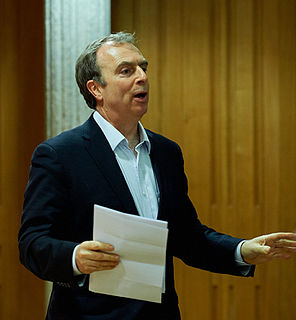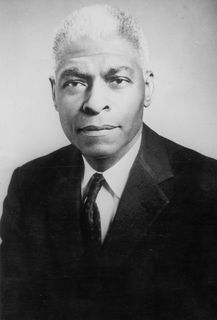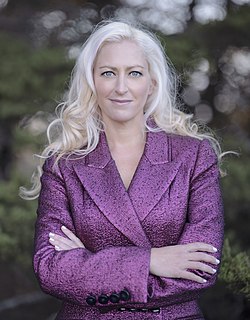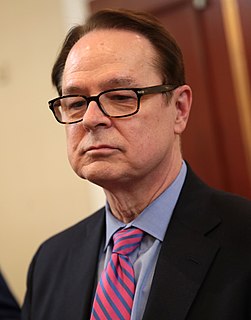A Quote by Cathy McMorris Rodgers
we're focusing too much energy on the symptom rather than the disease: Our real enemy is poverty, not welfare.
Related Quotes
But I'd rather help than watch. I'd rather have a heart than a mind. I'd rather expose too much than too little. I'd rather say hello to strangers than be afraid of them. I would rather know all this about myself than have more money than I need. I'd rather have something to love than a way to impress you.
The key is to just focus on the spots where the love is real, because you can just drive yourself crazy focusing on the negativity, focusing on the relationships that are irreparable and just aren't going to work, trying to convince the haters that you are indeed lovable. So much of that is wasted energy.
One of the problems with trying to help underdogs, especially with government programs, is that they and everyone else start to think of them as underdogs, focusing on their problems rather than their opportunities. Thinking of themselves as underdogs can also dissipate their energies in resentments of others, rather than spending that energy making the most of their own possibilities.


































